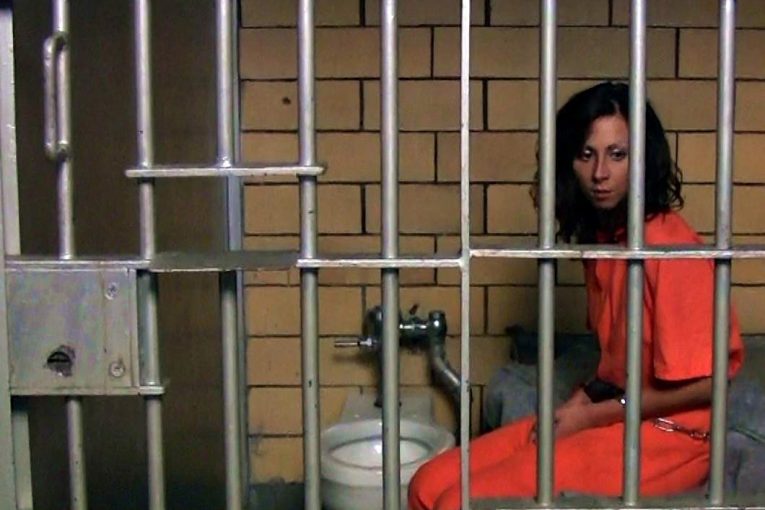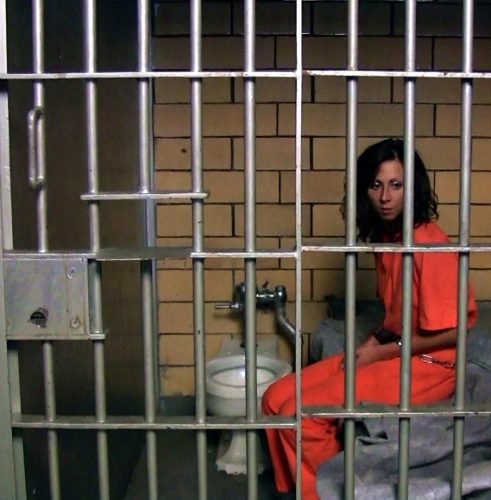

By Belen Avelar
WASHINGTON, DC – The Sentencing Project Monday released a report stating that between 1980 and 2021, the number of women incarcerated in the U.S. increased by more than 525 percent, and “58 percent of women in state prisons are said to have a child under the age of 18.”
In the U.S., although men incarcerated in prisons have always had a higher rate than women incarcerated since 1980, the female imprisonment rate has grown twice as much as that of men, reported the Sentencing Project.
As a result, “approximately 976,000 women are under the supervision of the criminal justice system,” said the project, adding it found, in 2021, “the rate of Black women imprisoned was 1.6 times the rate of imprisonment for white women (36 per 100,000).”
According to the report, “the rates of Black and Latinx imprisoned have declined since 2000 while the rate of white women has shown an increase in imprisonment.”
Additionally, the Sentencing Project noted about “female imprisonment between 2000 through 2021 in State and Federal prisons, there was a 70 percent decline for Black women; in contrast, for white women, the rate of imprisonment rose by 12 percent.”
Looking at the rates of women incarcerated from state to state, Idaho has the highest rate of female imprisonment compared to Massachusetts, which has the lowest incarceration rate, said The Sentencing Project.
Offense types for men and women in state prisons, said the project, are different—women are more likely to commit drug or property crimes compared to men in prison, showing that “twenty-five percent of women in prison are convicted of drug offenses compared to 12 percent of men in prison.”
“African American and Native American girls are more likely to be incarcerated than white, Asian, and Latinx girls,” noted the report.
Status offenses such as truancy and curfew violations are committed by young girls and therefore about “one-third of incarcerated girls are held for status offenses or for violating their terms of their probation,” per The Sentencing Project.
“As this year marks 50 years since the United States began its dramatic increase in imprisonment, it is clearer than ever that our criminal justice system is not working,” said Amy Fettig, Executive Director of The Sentencing Project.
Fettig added that “the continued overcriminalization of women and girls does nothing to improve public safety, but needlessly destroys lives, families, and communities.”
The Incarcerated Women and Girls report is part of The Sentencing Project’s 50 Years and A Wake Up campaign, bringing awareness to mass incarceration in the U.S.